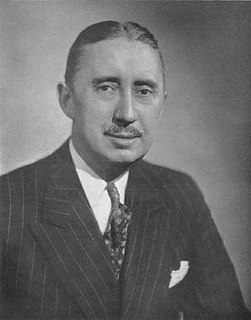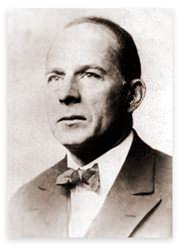A Quote by Fran Lebowitz
I have friends, some of whom are spectacularly good writers, who really want someone to edit them. I don't register that impulse. It's like the impulse for wanting a dog.
Related Quotes
I'm competing with everyone, but it's okay because they're not aware. I can't shut that impulse off. And I'm glad, because that impulse keeps me on the treadmill. If I didn't have it, I would be like, "Great! Ten minutes! I'm good." But if I'm competing, I can see what level someone's on and I can top it.
We write for the same reason that we walk, talk, climb mountains or swim the oceans - because we can. We have some impulse within us that makes us want to explain ourselves to other human beings. That's why we paint, that's why we dare to love someone - because we have the impulse to explain who we are.
To be different is a negative motive, and no creative thought or created thing grows out of a negative impulse. A negative impulse is always frustrating. And to be different means ‘not like this’ and ‘not like that.’ And the ‘not like’—that’s why postmodernism, with the prefix of ‘post,’ couldn’t work. No negative impulse can work, can produce any happy creation. Only a positive one.
Why are you uncomfortable with the supernaturalist worldview of the biblical writers? Evangelicals don't want to just say, "Well, the inspired writers were wrong about some of their beliefs about the spiritual world and its inhabitants." That really doesn't work in a confessional situation! So instead we come up with excuses and interpretations that allow us to remake the biblical writers in our own post-Enlightenment image. I understand that impulse, but it's not honest.
Habit must play a larger place in our religious life. We worship when we feel like it, we pray when we feel like it. We read the Bible when we feel like it. Leaving our religious exercises to the promptings of impulse, we become creatures of impulse rather than soldiers of Christ. An army made up of creatures of impulse would be only a mob. So is a church.
The desire to be liked is acceptable in real life but very problematic in fiction. Pleasantness is the enemy of good fiction. I try to write on the premise that no one is going to read my work. Because there's this terrible impulse to grovel before the reader, to make them like you, to write with the reader in mind in that way. It prevents you doing work that is ugly or upsetting or difficult. The temptation is to not be true to what you want to write and to be considerate or amusing instead. I'm always trying to fight against the impulse to make my readers like me.
Nonviolent actions are by their nature androgynous. In them the two impulses that have long been treated as distinct, 'masculine' and 'feminine,' the impulse of self-assertion and the impulse of sympathy, are clearly joined; the very genius of nonviolence, in fact, is that it demonstrates them to be indivisible, and so restores human community.

































